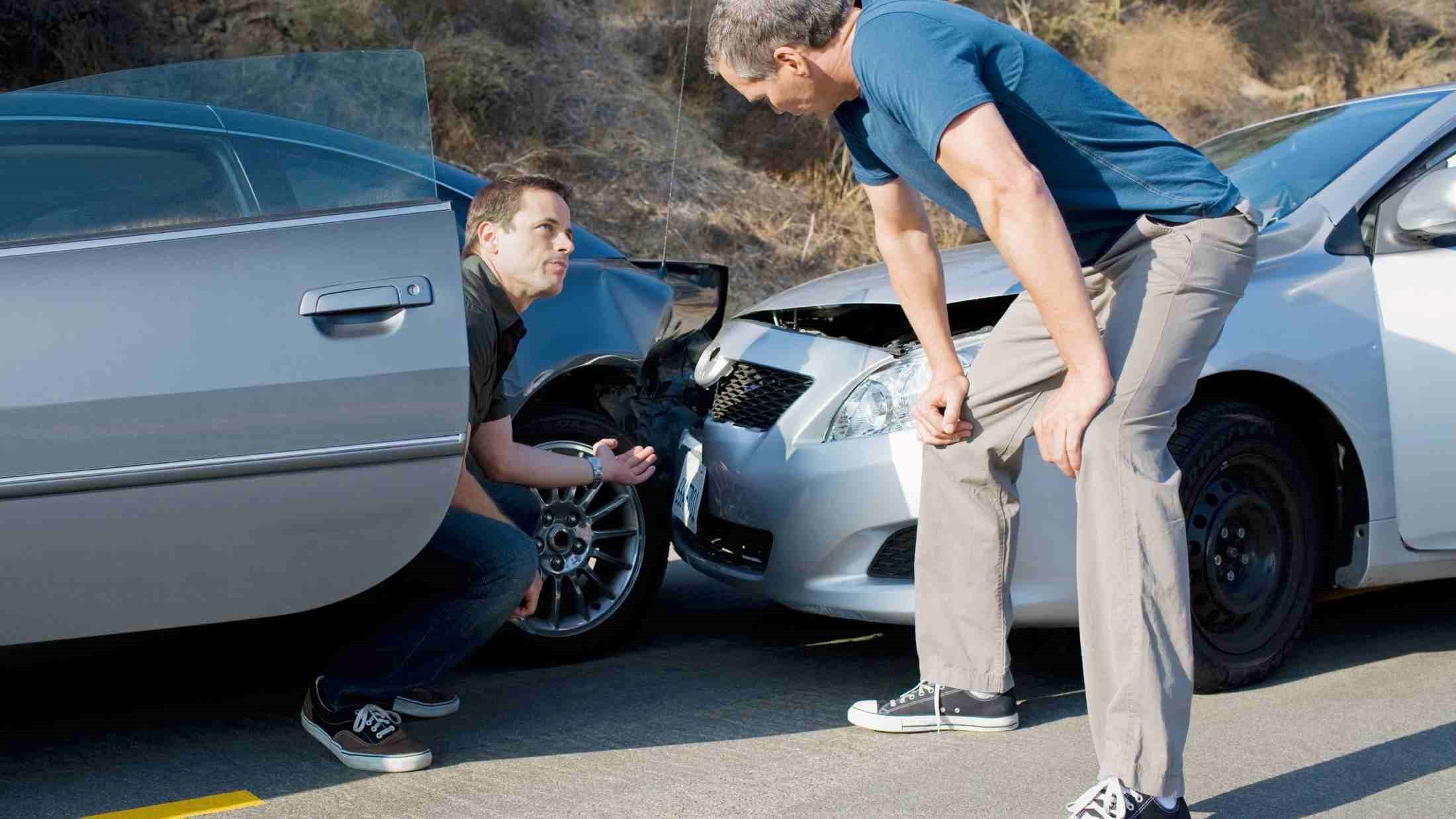If you’re in an accident that’s been caused by another driver, you might think that you won’t have to pay for damages, and that your insurance premiums won’t be affected. Unfortunately, it’s not always that straightforward – here’s what you need to know in case you’re in an accident that wasn’t your fault, and what it means to make what we call a ‘non-fault’ claim:
- What is the difference between a fault claim and a non-fault claim?
- How do I know if I am at fault for an accident
- Do I need to declare my non-fault accident?
- Does the level of my insurance cover affect my non-fault claim?
- Will making a non-fault claim affect my No Claims Discount (NCD)?
- Do I need to pay any excess if the accident was not my fault?
What is the difference between a fault claim and a non-fault claim?
A fault claim happens when you’re found responsible for the accident, or if your insurer can’t recover costs from another driver. A non-fault claim occurs when you’re not to blame, allowing your insurer to recover costs from the at-fault driver’s insurance. If there is no other driver (like if you hit a wild animal or in a hit-and-run), you may be found responsible, and this will be a fault claim because insurers can’t recover costs.
How do I know if I am at fault for an accident?
To determine fault, we look at several factors, like statements from drivers, witness accounts, and dashcam footage. Your claim may be marked as a fault claim if you’re found responsible or if costs cannot be recovered from another party. Here are some steps you can take to help figure out fault:
- Note if any traffic laws were broken. Did someone drive through a red light, or were they speeding? This can help your claim.
- Save dashcam footage. If you have a dashcam, keep the video. It gives your insurer a clear view of what happened.
- Take photos. Document the damage to all vehicles, the accident scene, and any relevant factors, like debris on the road.
- Gather witness statements. If someone saw the accident, ask for their contact details. Your insurer may need to contact them.
- Be cautious with apologies. If another driver apologises, says “they didn’t see you” or admits fault, it could imply liability. Be careful about what you say.
Ultimately, your insurer will decide who is at fault and whether the claim is non-fault.
Do I need to report my non-fault accident?
Yes, you must report a non-fault accident to your insurer, even if the other driver offers to pay for damages and you don’t make a claim.
Does my insurance coverage affect my non-fault claim?
If you’ve got fully comprehensive insurance, it’ll cover all damages, regardless of fault. Your insurer will recover costs from the at-fault driver’s insurer. If you don’t have comprehensive coverage, you can’t claim from your insurer but can claim against the at-fault driver’s insurer.
Will a non-fault claim impact my No Claims Discount (NCD)?
No, a non-fault claim shouldn't affect your NCD, as long as your insurer can recover costs. However, your NCD might be temporarily reduced while the claim is processed. Once your claim is settled as non-fault, your NCD will be restored. Check with your insurer for details on how non-fault claims affect your insurance.
Will I need to pay any excess if the accident was not my fault?
Usually, yes. You’ll likely need to pay your excess, even if you’re not at fault. In rare cases, insurers may waive the excess, but this is uncommon. If your insurer decides the accident wasn’t your fault, you’ll get your excess back.
Now that you know all about what a non-fault claim means and how it can affect you, get a quote for AXA Car Insurance and protect yourself today.











